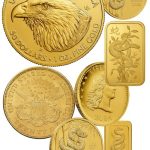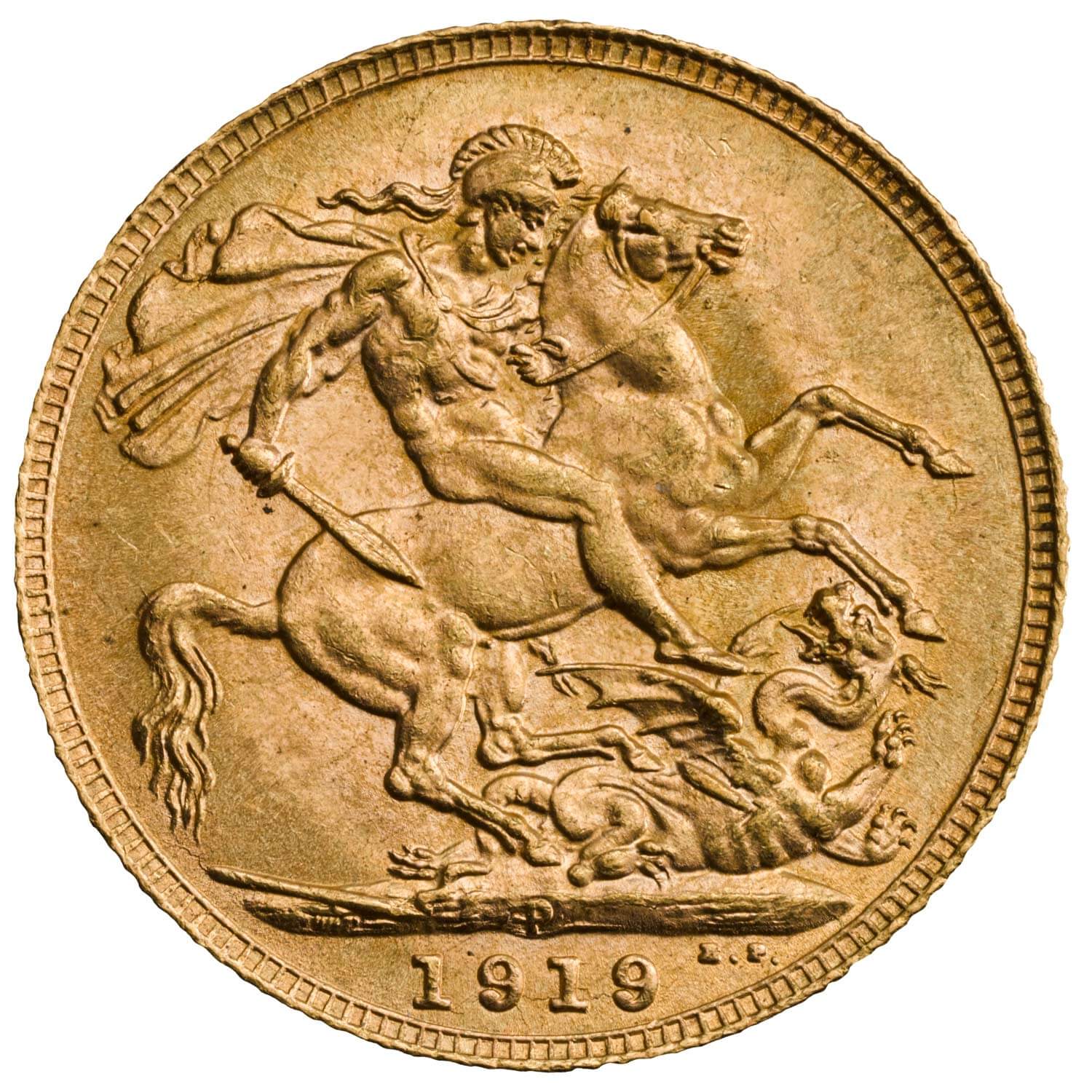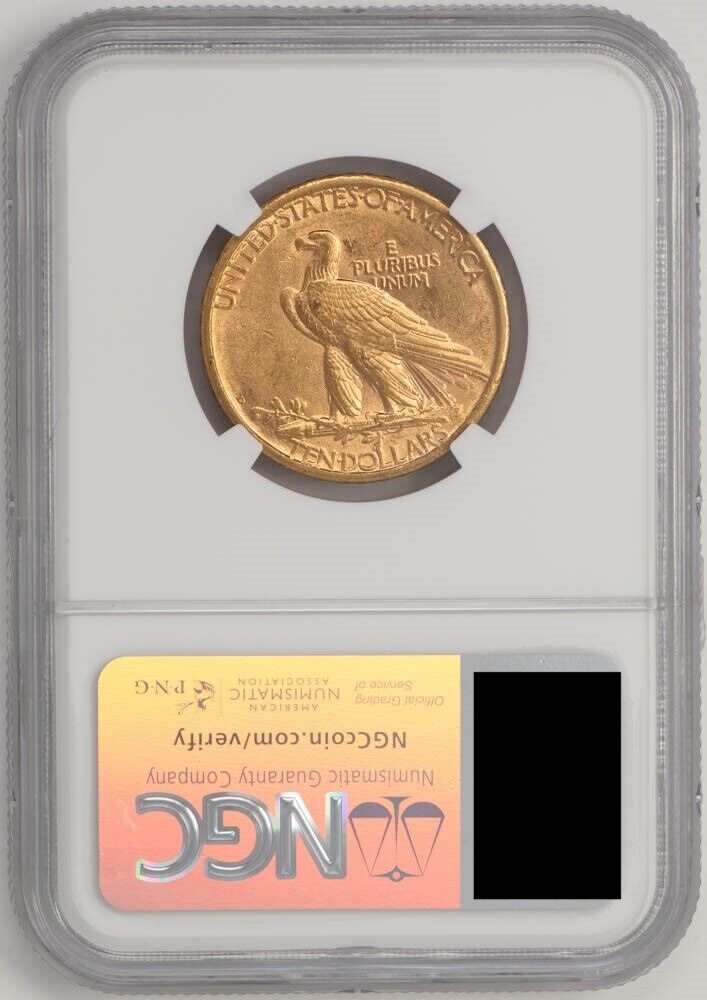Gold is widely regarded as a hedge against inflation, a store of value, and a critical portfolio diversifier. But for many investors, there comes a time when it makes sense to sell part of their stack—whether to capitalize on rising spot prices, reallocate assets, or simply meet financial goals.
When it comes to selling gold, not all options are equal. How and where you sell gold can have a massive impact on how much you get paid, the speed of payment, logistics, and convenience. Let’s take a look at the most common and effective places to sell gold, including local outlets and online platforms, to help you maximize your profit while minimizing risk.
Local Coin Shops: Where to Sell Gold Fast
Selling to a local coin shop is often one of the most efficient ways to offload gold. These dealers typically provide immediate appraisals and valuations. Most offer same-day cash or check payments based on the current spot price of gold and minus their buy premiums.
Advantages:
- Instant liquidity – walk in with your gold and leave with cash.
- No shipping risk – avoids the uncertainty of mailing precious items.
- Local market knowledge – reputable dealers understand regional demand and may pay more for certain coins.
Pro Tip:
Build a relationship with a trusted local dealer. Repeat customers are often offered better pricing and flexibility, especially during market volatility.
Private Sales: Greater Risk, Maximum Profit
Private sales can sometimes fetch higher prices. Whether through local classified ads like Craigslist, Facebook groups, coin clubs, online marketplaces or personal networks. This is especially true for easily recognizable coins like American Gold Eagles, Buffalos, or Pre-1933 U.S. gold, which have strong collector and investor demand.
Advantages:
- No middleman fees – 100% of the transaction value goes to you.
- Negotiable pricing – you can set your price and wait for the right buyer.
Risks:
- Safety concerns – always meet in public places, preferably with security cameras (e.g., police department parking lots).
- Verification and fraud – be prepared to verify your gold’s authenticity and watch for counterfeit detection scams.
Pro Tip:
Use a precious metals verifier like the Sigma PMV or meet at a coin shop that offers authentication. This builds trust and protects both parties.
Online Dealers: National Market Access
Many reputable online bullion dealers, such as Monument Metals, Bullion Exchanges, SD Bullion, and others, offer “sell to us” programs, which provide access to a broader market with competitive buyback prices. This method is ideal if you’re selling higher quantities of gold or hard-to-find products that may fetch a premium in a national marketplace.
Process:
- Contact the dealer and lock in a buy price based on the spot gold price per ounce.
- Ship your items via insured mail.
- Receive payment via ACH, check, or wire transfer after inspection.
Advantages:
- Competitive pricing – some online dealers offer better buyback rates, especially for mint-condition bullion.
- Volume flexibility – sell larger quantities without haggling or negotiating with multiple local buyers.
Considerations:
- Shipping costs – you may need to pay for insured shipping unless the dealer offers a prepaid label.
- Payment delay – you won’t be paid until your items are received, authenticated, and approved.
Pro Tip:
Always use insured shipping and photograph the contents and packaging before mailing.
Other Selling Channels to Consider
Bullion Markets or Shows
Coin shows and bullion markets can also be excellent places to sell, especially rare or collectible gold items. Dealers in these settings may be looking for specific pieces and are prepared to pay top dollar for the right items.
Pawn Shops
While easy and fast, pawn shops generally offer significantly lower prices compared to coin shops or online dealers. Understand that you’re likely to receive below-market value offer, so only consider this option if you’re in urgent need of cash.
Tax Considerations When Selling Gold
In the U.S. and other jurisdictions, profits from selling physical gold are subject to capital gains tax. The IRS classifies physical precious metals as “collectibles,” meaning gains may be taxed at a maximum rate of 28%, depending on your income level and holding period.
If you sell within a year of purchase, short-term capital gains apply and are taxed at your ordinary income rate. This applies to coins, bars, and even bullion-backed ETFs in some cases.
However, not every sale results in a profit. If the price drops below what the cost of gold was when you purchased the asset, you may incur a capital loss when selling. These losses can be useful to help offset gains from other investments, including stocks, crypto, real estate, or other collectibles. If your losses exceed your gains in a given tax year, you can deduct up to a certain amount, with the remainder carried forward to future tax years. Consult with a certified tax professional for advice on determining how these apply to your particular situation.
Keeping track of your cost basis is critical to calculating your taxable gain or loss when you sell.
Tax Tips:
- Keep purchase records – to determine your cost basis and calculate gains.
- Short-term vs. long-term – assets held over one year benefit from lower tax rates.
- Report accurately – dealers may issue IRS Form 1099-B for large transactions (e.g., 25+ 1 oz Gold Maple Leafs), so consult a tax professional.
Final Thoughts
Selling gold isn’t just about converting a physical asset into cash—it’s about doing so strategically to maximize your return and minimize risk. Whether you’re leveraging a relationship with a local coin shop, navigating private sales, or shipping to a national online dealer, understanding your options is key.
Before you sell, always:
- Compare live buyback prices
- Evaluate shipping and transaction costs
- Assess security risks
- Be mindful of tax implications
For up-to-date pricing and the best place to sell your gold, visit FindBullionPrices.com, where you can compare dealer buyback rates in real-time.






